Subtotal: ₨1.00
Project Proposal
Role of human Rights welfare society Pakistan to providing agriculture training short courses
₨1.00
The human rights welfare society in Pakistan plays a crucial role in providing agriculture training short courses to individuals in rural areas. For getting a complete proposal you can contact us at Contact: gdn100@gmail.com / What’s App Us:+923082792040 and pay the price of your desired project.
Product Description
The human rights welfare society in Pakistan plays a crucial role in providing agriculture training short courses to individuals in rural areas. By offering these courses, the society seeks to promote self-sufficiency, economic empowerment, and sustainable agricultural practices among marginalized communities.
1. Skill Development: The society organizes short courses that aim to enhance the agricultural skills and knowledge of individuals involved in farming activities. These courses cover various agricultural techniques, including crop cultivation, organic farming, pest control, and water conservation. Thus, they equip farmers with necessary skills to increase productivity and improve their livelihoods.
2. Access to Information: The society facilitates access to relevant knowledge and information by providing comprehensive training modules and materials. Farmers are educated about modern agricultural practices, innovative technologies, and scientific advancements. They learn how to utilize resources efficiently and manage farming systems effectively. This access to information enhances their decision-making abilities and keeps them updated with the latest trends in agriculture.
3. Financial Inclusion: Many marginalized farmers lack the financial means to implement new agricultural techniques. The society works towards bridging this gap by raising awareness about available agricultural financial support schemes and initiatives. They guide farmers on how to access loans, subsidies, and grants, enabling them to invest in advanced agricultural technologies, tools, and inputs. This helps in improving agricultural productivity and increasing income. 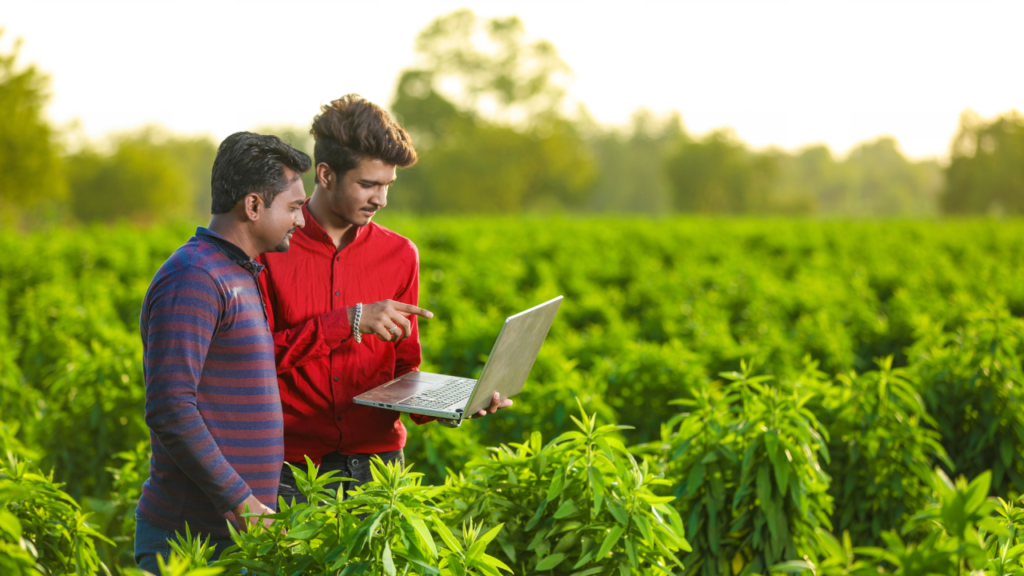
4. Empowerment of Women: The human rights welfare society recognizes the significant contributions of women in the agricultural sector. They offer special training courses that focus on enhancing women’s capacities and promoting gender equality. These courses not only provide technical skills but also address social issues such as gender discrimination and access to resources. Empowering women in agriculture leads to improved household food security and sustainable agricultural development.
5. Environmental Sustainability: The society emphasizes the adoption of sustainable agricultural practices that protect the environment and natural resources. Through their short courses, farmers are educated about methods like organic farming, agroforestry, and integrated pest management. These practices minimize the use of harmful pesticides, reduce water consumption, promote soil health, and contribute to biodiversity conservation. By training farmers in sustainable agriculture techniques, the society strives to create a balance between agricultural productivity and environmental conservation.
6. Market Linkages: The human rights welfare society also plays a role in establishing market linkages for farmers, connecting them to potential buyers, wholesalers, and retailers. By facilitating these connections, farmers are able to sell their produce at fair prices and improve their market access. 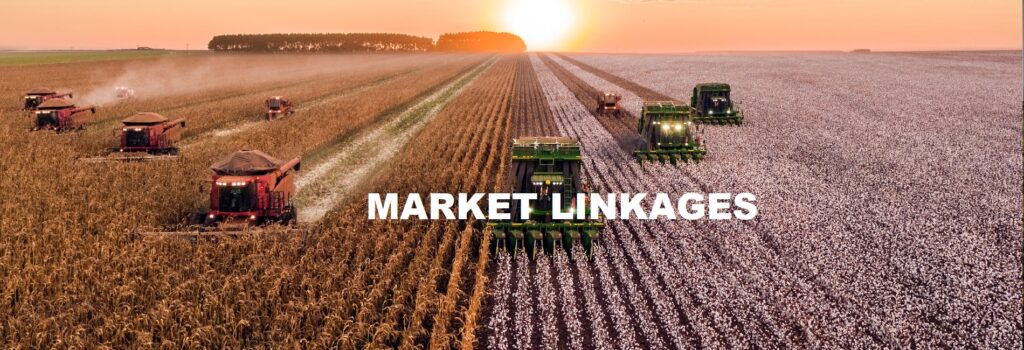
7. Agricultural Extension Services: The society acts as a bridge between experts and farmers by providing extension services. They bring in agricultural experts and professionals to conduct training sessions, workshops, and demonstrations. Farmers receive guidance on various aspects of agriculture, such as crop selection, soil testing, pest management, and post-harvest handling.
8. Livestock Management: The society also offers short courses on livestock management, aimed at helping farmers increase their income through animal husbandry activities. These courses cover topics such as animal health, breeding techniques, feed management, and value-added products from livestock. By diversifying income sources through livestock, farmers become more resilient to economic uncertainties.
9. Community Development: In addition to providing training courses, the society engages in community development activities that benefit the farming communities. This may include facilitating the establishment of agricultural cooperatives, promoting community-led initiatives, and advocating for the rights and welfare of farmers. By fostering a sense of unity and collective action, the society strengthens the social fabric of the farming communities.
10. Policy Advocacy: The human rights welfare society plays an important role in advocating for pro-farmer policies and reforms. They engage with policymakers, government agencies, and other stakeholders to highlight the challenges faced by farmers and create an enabling environment for agricultural development. Through research, advocacy, and lobbying efforts, they strive to ensure that farmers’ interests are represented and protected in policy decisions.
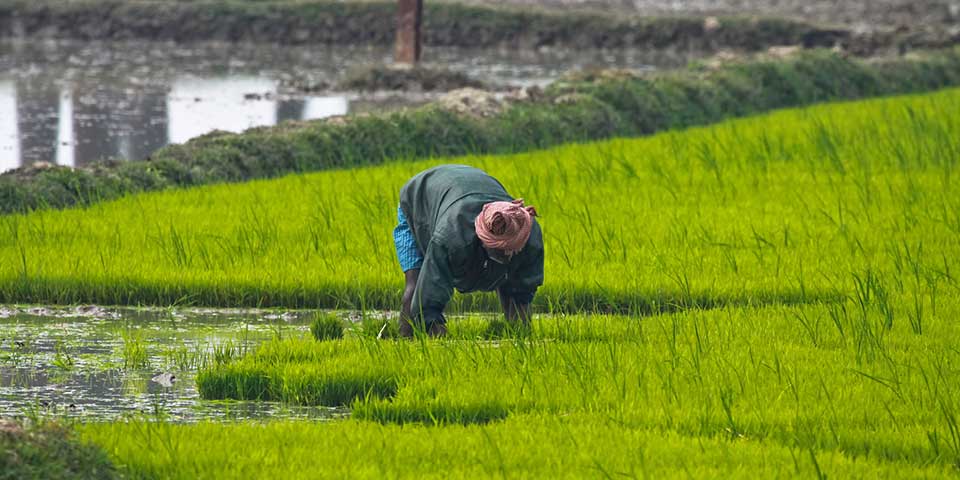
11. Climate Change Adaptation: The society recognizes the threat of climate change to agriculture and actively promotes climate-smart farming practices. They educate farmers on techniques such as soil conservation, water usage optimization, and crop diversification to help them adapt to changing climatic conditions.
12. Access to Inputs: The society helps farmers access high-quality seeds, fertilizers, and other agricultural inputs at affordable prices. They establish partnerships with input suppliers to negotiate favorable deals for farmers and ensure that they have access to quality inputs that enhance productivity.
13. Post-Harvest Management: The society provides training on proper post-harvest management techniques to minimize post-harvest losses. Farmers learn about effective storage, packaging, and processing methods to preserve the quality of their produce and maximize their value in the market.
14. Value Addition: The society promotes value addition in agriculture by teaching farmers how to add value to their produce through processing and packaging. Farmers learn techniques such as food preservation, drying, canning, and branding, which can help them fetch higher prices for their agricultural products.
15. Gender Equality: The society actively promotes gender equality in agriculture by encouraging the participation and empowerment of women farmers. They provide training and support to women farmers, helping them acquire skills and knowledge to actively participate in farming activities and decision-making processes. 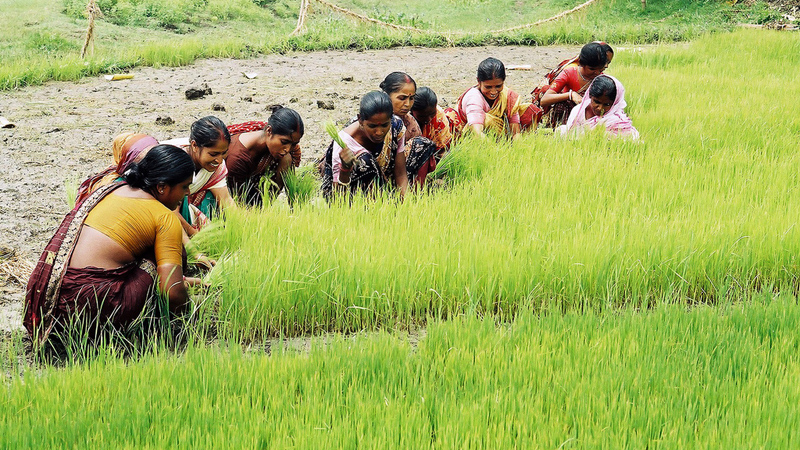
16. Access to Credit: The society facilitates access to credit for farmers, especially smallholder farmers who often struggle to obtain loans from traditional financial institutions. They collaborate with microfinance institutions and banks to develop appropriate loan products and provide financial literacy training to farmers.
17. Research and Development: The society invests in research and development activities to identify innovative and sustainable farming practices. They collaborate with agricultural research institutions and universities to conduct research that addresses the specific challenges faced by farmers in the region.
18. Technology Adoption: The society promotes the adoption of modern agricultural technologies among farmers. They provide training on the use of agricultural machinery, precision farming techniques, crop monitoring systems, and other technologies that can help increase productivity and efficiency.
19. Marketing Support: The society assists farmers in marketing their products by helping them establish market linkages, providing guidance on product branding and packaging, and facilitating participation in agriculture fairs and exhibitions.
20. Networking and Collaboration: The society actively networks and collaborates with other organizations, government agencies, and stakeholders in the agriculture sector. They participate in forums, conferences, and working groups to exchange knowledge, share best practices, and advocate for the interests of farmers.




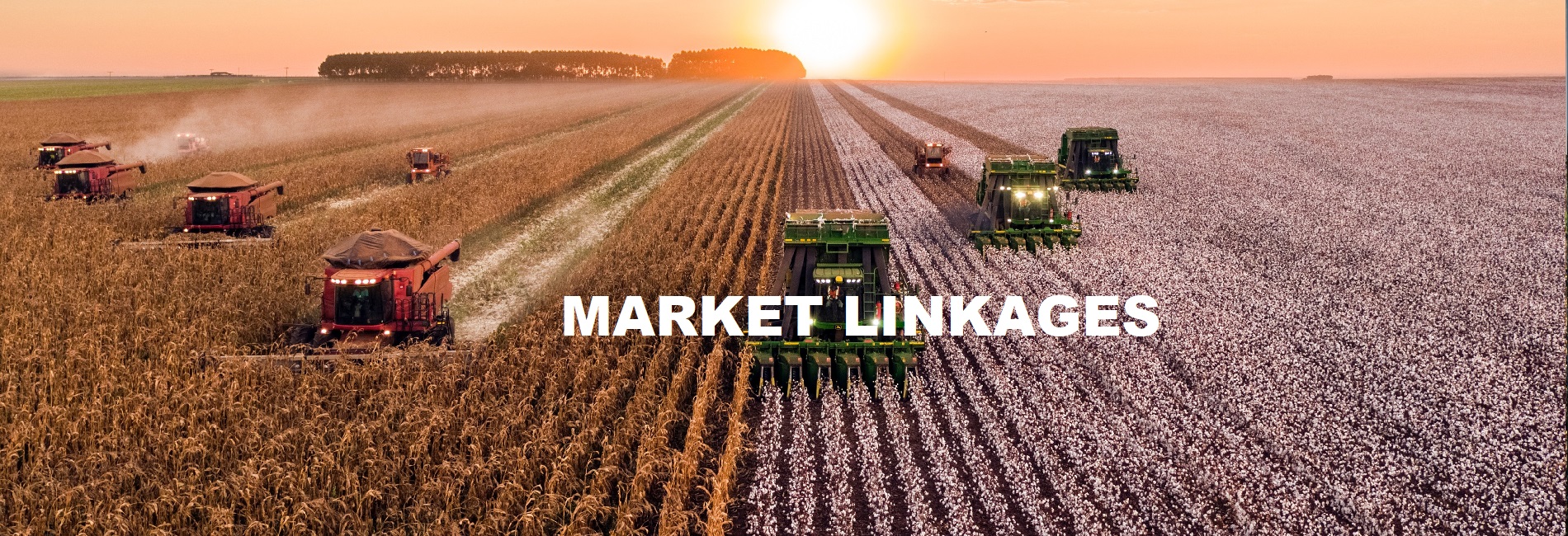
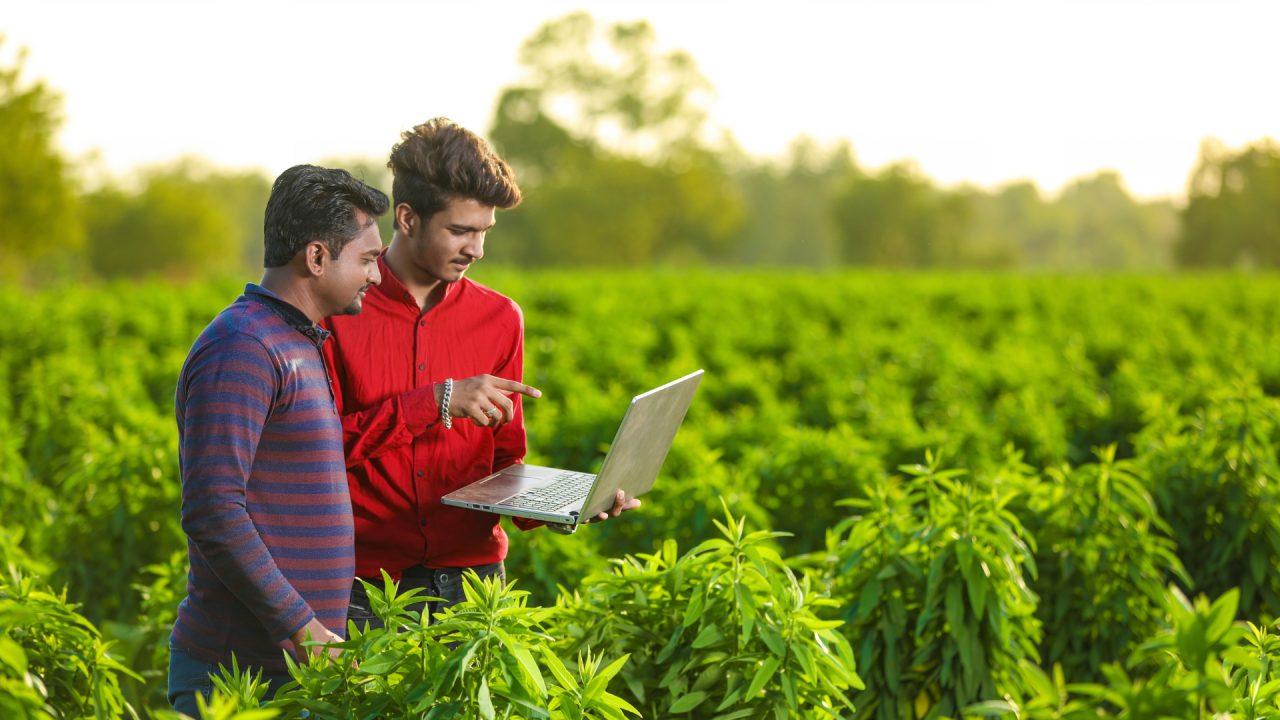






Reviews
There are no reviews yet.